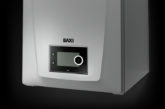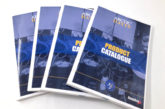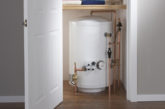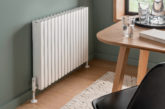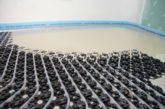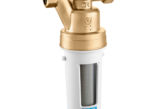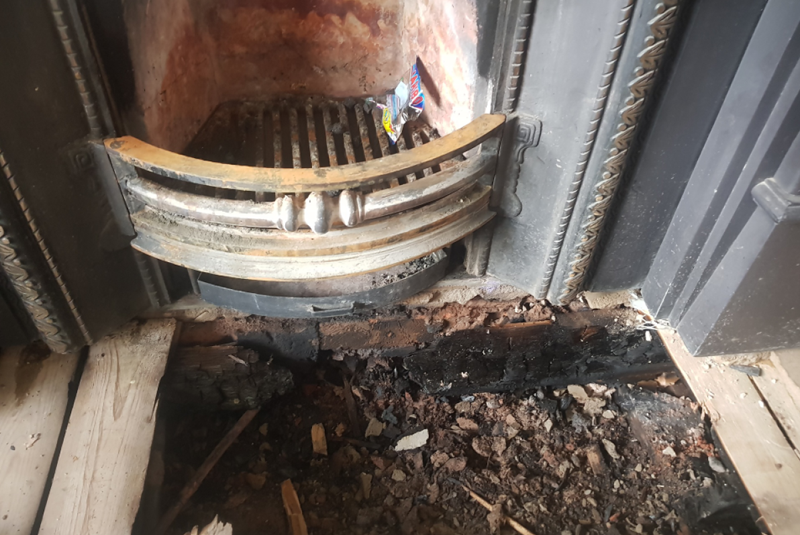
Bruce Allen, CEO of HETAS, explains the importance of the work carried out by its registrants.
Solid fuel and wood-burning appliances (perhaps unlike gas and oil boilers) are often a focal point of a room and so aesthetics are very important to consumers. It is common for customers to ask installers to “bend the rules” to make the installation cheaper or more pleasing to the eye. Registered, trained and competent installers understand why the regulations and standards exist and understand why they must never deviate from complying with regulations. Installers who are untrained or unregistered may not be able to express the relevant arguments effectively – they may simply not know how to ensure safety procedures are followed. The Regulations and Approved Documents (ADJ in this case) are clear that the installer is responsible for his/her actions. It is not OK to give in to these requests if the outcome is an installation that is not safe and does not comply with regulations.
One way to avoid these requests to deviate once the job has started is to discuss the requirements at quote stage. Talk about the position of CO alarms, ventilators, distances to combustible materials, hearths etc. If the customer is not willing to let you work safely, you can deal with any issues before committing to a job that will inevitably result in causing problems for the customer, the installer, or as we often find, both.
Explaining the reasons why safety features are required can avoid challenges later on. HETAS supports installers by producing advice leaflets for consumers outlining the necessary requirements. We operate an installer and consumer helpline to assist with clarifying what is needed to achieve a safe installation.
Don’t compromise on compliance, even if the customer asks you to – ventilation, distance to combustibles – HETAS can help you explain to your customer what the regulations require. Failure to choose a competent installer can lead to serious faults.
As an example, HETAS sent an inspector to a site where a floor had started to catch fire. It turned out to be the work of an unregistered business, and demonstrates the importance of using a competent installer. In this case, the official guidance suggests a constructional hearth of a minimum 125mm thickness (in accordance with Approved Document J) when installing a solid fuel open fire. This is fundamental to safety of the installation, to prevent heat transfer causing combustible material to catch fire.
Take pride in how you interact with the customer
Customer relationships are at the heart of any business. Be mindful that as well as the compliance of the installation you are responsible for educating customers how to operate their appliances effectively and safely. Handover is an important part of the commissioning process. Consumers and the public are increasingly aware of air quality. It has never been more important to demonstrate how to choose and use the appliance effectively. Stoves have become more sophisticated pieces of equipment, as manufacturers develop ways to make their appliances more efficient and cleaner burning. Even consumers accustomed to solid fuel may need an update on the way that stoves best operate. Fuel quality is also a focus, as this is essential for clean burning. Educating the consumer from the start to use the appropriate fuel will help reduce call backs and potential complaints from users or neighbours.
Commissioning of any solid fuel combustion appliance by a competent person is a vital part of the installation process. It must not be overlooked, or rushed and the results should be properly documented. Essentially, you are checking that the appliance and flue comply with the Requirements of the Building Regulations and are safe for use. Smoke Testing, Spillage Testing and Flue Draught Testing all assist in identifying the safe operation of an appliance and flue system. Often at this stage any faults can be remedied before any serious consequences. HETAS Registered Installers get access to technical guidance with details of all of these testing procedures, and HETAS commissioning forms are available. What is critical after completing the commissioning and handover process, is to document the results for any future reference. A copy should be retained by both consumer and installer, and ideally signed by the consumer to record that they have understood the handover. A detailed handover to the customer or user, to share knowledge, can avoid later misunderstandings.
Where concerns are raised, we encourage consumers to first discuss the issues with the installer. There is a Consumer Complaints leaflet and Frequently Asked Questions section on the HETAS website. The Consumer Complaints leaflet gives an overview of complaints policy.
Installers wishing to book a HETAS course should contact their nearest HETAS Approved Training Centre. To find a full list, visit www.hetas.co.uk/professionals/training-centres


